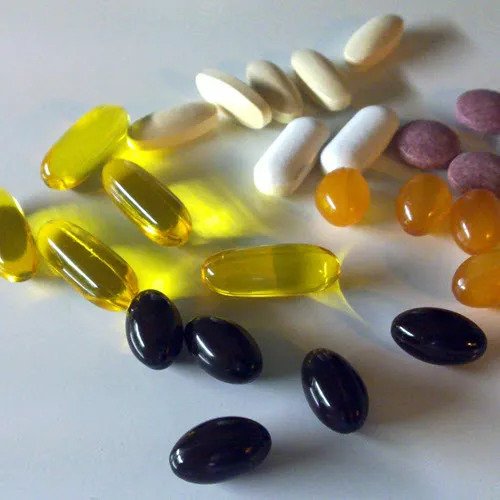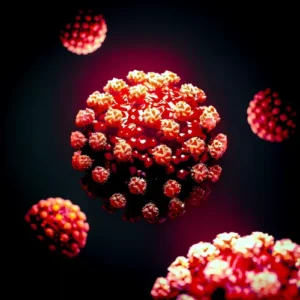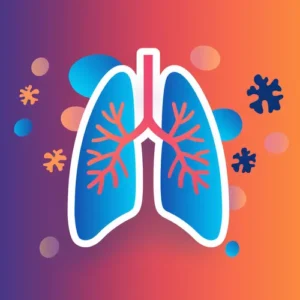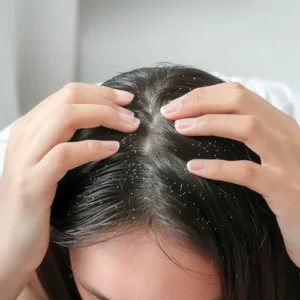Have you ever noticed an unusual symptom that comes on suddenly? Before turning to WebMD and diagnosing yourself with something rare and potentially fatal, consider that it may just be your body’s way of letting you know that you may not be getting enough of a vitamin or mineral. If you can pinpoint what you might be lacking and adjust your diet to get more of it, the symptom should disappear.
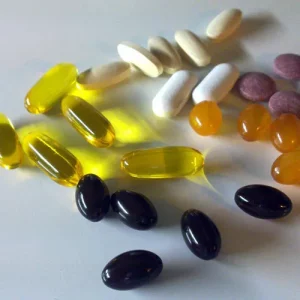
Nails
White spots could be a sign of a mineral deficiency, most likely calcium or zinc. Ridges are usually caused by a shortage of zinc.
Lips
Chapped lips are common, especially as the weather gets cooler and the air gets dry. But if lip balm doesn’t help, especially if you have cracking near the corners, you could be deficient in either vitamin C or B2 (riboflavin). Citrus fruits and leafy green vegetables are great sources of vitamin C, while riboflavin can be found in dairy products.
Tongue
Iron deficiency can make your tongue appear pale. If it hurts or feels burnt, you may be lacking in B vitamins, especially B2 and B3.
Eyes
Dark circles under your eyes could indicate you need more sleep, or could suggest an allergy or food intolerance. You may want to consider a visit to an allergy specialist to find out if you need to avoid certain foods. Vitamin D can help with near-sightedness, while Vitamin A can improve your night vision.
Hair
If you find yourself shedding worse than your pet, you might want to try a Biotin supplement. If your hair is dry or you have dandruff, vitamin A and omega-3 fatty acids may help.
Skin
Skin problems are a common symptom of a deficiency. Vitamins A and E can help ease dry skin, while B6 can minimize period-related breakouts.
Limbs
Deficiencies in B vitamins can cause tingling or numbness in the hands and feet. The most common deficiencies associated with these symptoms are B6, B12 and folate. B12 deficiency is especially common in vegetarians, as it is primarily found in animal products. Increase your intake of B vitamins with whole grains, beans, eggs, and spinach.
Cracked Heels
Cracked heels are usually the result of environmental or behavioural factors. In these cases, products such as Flexitol Heel Balm are specifically formulated to hydrate dry, cracked heels and feet. However cracked heels can also be a sign of vitamin deficiency. Those people who are deficient in vitamin A, vitamin B3, vitamin C, vitamin E and omega-3 fatty acids, are prone to experiencing heel fissures.
Muscles
Muscle cramps and spasms, especially those that aren’t eased by moving around, or restlessness while relaxing or trying to sleep, are common symptoms of magnesium deficiency. Increase your intake with bananas, dark leafy greens, and almonds.
Brain
If you have trouble concentrating or remembering things, or you feel tired a lot of the time, you could be experiencing brain fog. B complex vitamins can help you manage stress levels, while vitamin C and zinc can both ease anxiety and minimise the symptoms of mood disorders.
Photo Credit: “nom nom vitamins nom nom” (CC BY-ND 2.0) by denAsuncioner
Zoom Health is a leading UK supplier of Home Health Tests and Earplugs
This post was originally published in 2015 and has been regularly updated since.

